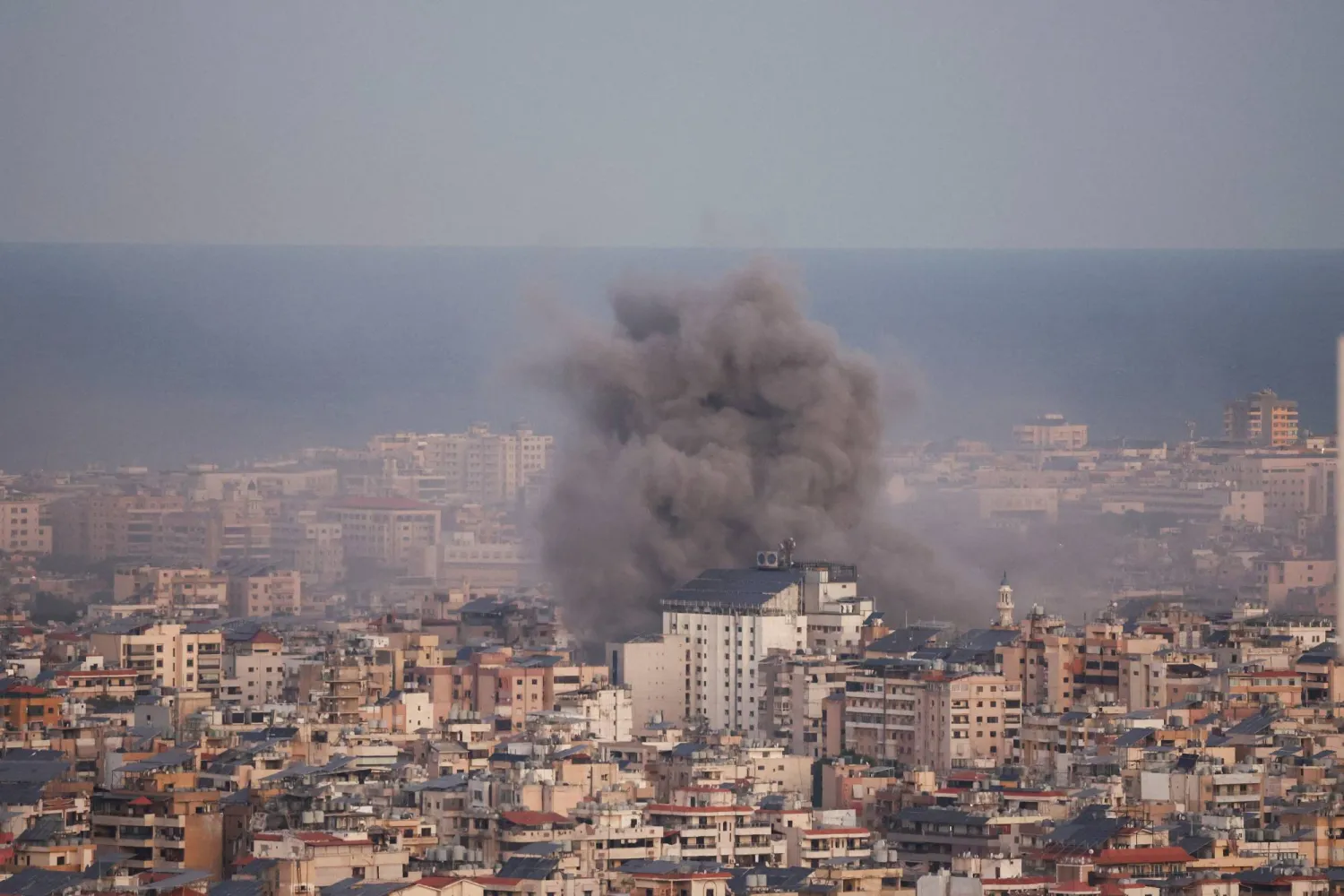Israel carried out at least three air raids on Beirut’s southern suburbs on Sunday after issuing evacuation orders.
Israel said its air force attacked Hezbollah's intelligence headquarters and an underground workshop for the production of weapons in Beirut.
In a statement, the Israeli military said its fighter jets killed three Hezbollah commanders, including Alhaj Abbas Salameh, a senior figure in the group's southern command, Radja Abbas Awache, a communications expert, and Ahmad Ali Hussein, who it said was responsible for strategic weapons development.
It was not clear if the three were killed in the attack on the headquarters or in separate actions.
A day earlier, Israel carried out heavy strikes on several locations in Beirut's southern suburbs, leaving thick plumes of smoke hanging over the city into the evening.
The strikes targeted "a number of Hezbollah weapons storage facilities and a Hezbollah intelligence headquarters command center,” Israel's military said.
Israel had issued evacuation orders for four separate neighborhoods within the suburbs, urging residents to get 500 meters away, but carried out strikes in other areas as well, witnesses said.
Tens of thousands of people have fled the southern suburbs - once a densely populated zone that also housed Hezbollah offices and underground installations - since Israel began regular strikes there about three weeks ago.
An Israeli air attack on Sept. 27 killed Hezbollah's secretary general Hassan Nasrallah, and strikes nearby have killed other top figures from the Iran-backed group.









